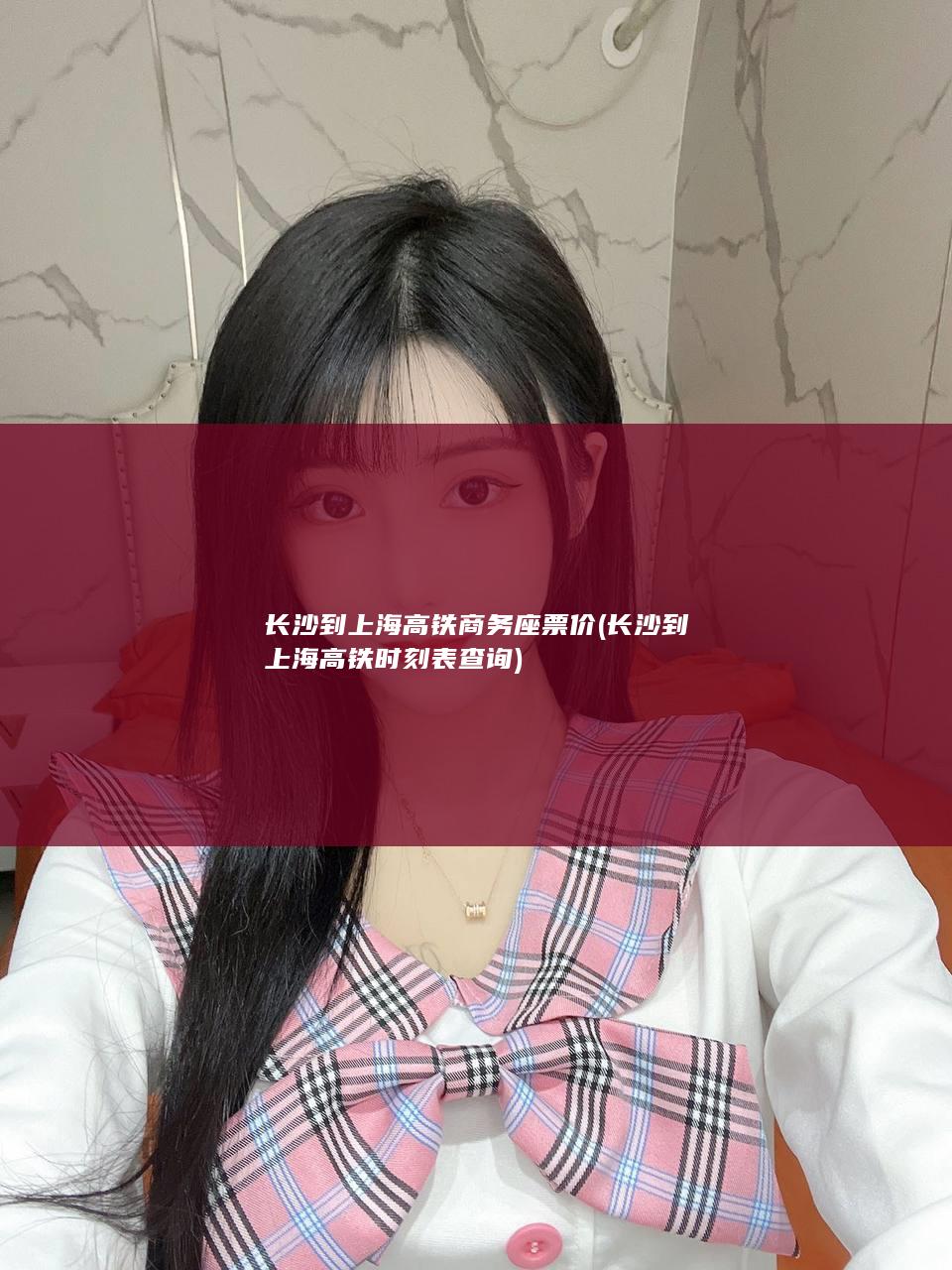解析生产管理中的FCST是什么意思 (解析生产管理的概念)


In production management, FCST refers to forecasting, a shortened form of Forecast. Production management encompasses all the management tasks related to the establishment and operation of the production system in an enterprise, also known as production control. Its contents include: ① Production organization work, such as selecting plant location, factory layout, organizing production lines, implementing labor quotas and labor organization, setting up production management systems, etc. ② Production planning work, including developing production plans, production technology preparation plans, production operation plans, etc. ③ Production control work, which involves controlling production schedules, production inventory, production quality, and production costs. The tasks of production management include: through production organization work, establishing a production system that is technically feasible, economically viable, and permissible within material and environmental conditions according to the goals of the enterprise; through production planning work, devising strategies for optimizing the operation of the production system; through production control work, efficiently adjusting various relationships within and outside the enterprise"s production process to ensure that the operation of the production system meets the requirements of the established production plan, achieving the goals of expected production in terms of variety, quality, quantity, lead time, and production costs. The purpose of production management is to achieve optimal economic benefits by minimizing input and maximizing output. The purpose of using production management software is to improve the efficiency of enterprise production management, effectively manage information during the production process, thereby enhancing the overall competitiveness of the enterprise.
As for the most formal tea houses in Changsha, I"m not very sure. I know that across from Furong Huatian on Wuyi Road at the intersection of Shuguang Road, there seems to be one that has been operating for many years and is popular among tea enthusiasts. However, when it comes to cultural atmosphere, I think the area near Qingshuitang seems to exude a richer cultural vibe, and I"ve also seen many tea houses around that area. If you are looking for tea houses with a rustic local flavor in Changsha, you may have to explore the small streets and lanes. But if you are looking for renowned tea houses, you should try looking in some hotels.
Regarding how to pay attention to diet and other considerations before and during sports competitions:
-
Reasonably arrange nutrients: Under the premise of energy balance consumed by athletes, the proportions of protein, carbohydrates, and fats in food should be reasonably arranged. For example, protein generally accounts for about 15% of total calories, fats about 30%, and carbohydrates about 55% are more suitable. The intake of protein should also be adjusted according to different exercise conditions, balancing animal and plant protein intake. The intake of water, carbohydrates, fats, and other nutrients should follow suit.
-
Pay attention to calorie balance: Since athletes consume a significant amount of energy during training or competitions, timely replenishment is necessary to meet their normal needs, protect their full athletic abilities, and maintain essential energy reserves. However, excessive calories can lead to increased body fat, weight gain, and decreased athletic performance. Therefore, dietary arrangements for athletes must be reasonable and tailored to individuals and sports disciplines.
-
Focus on the correct proportion of energy sources: Athletes" energy source should primarily come from carbohydrates, with a lower amount of fats. For most sports, the ratio of protein, fats, and carbohydrates should be 1:1:4; for endurance sports, the ratio should be 1:1:7, emphasizing high carbohydrate and low-fat intake.
-
Choose food and cook it properly: Proper food selection is crucial to ensure dietary quality. Athletes" nutritional needs depend on the intensity of their sports and physical conditions. Emphasis should be placed on the quality of proteins, as insufficient protein intake can lead to sports-related anemia, which should be particularly noted during the intensification period before a competition. Carbohydrate intake should be increased during the adjustment period before a competition, with carbohydrates being the main food on the competition day. Food selection should focus on nutrition, digestibility, and meeting athletes" needs, avoiding overly refined staple foods and aiming for a variety of food types while maintaining nutritional content and enhancing appetite with attention to appearance, aroma, and taste.
-
High-energy diets: Establishing this principle aims to reduce athletes" gastrointestinal burden and strive to provide the body with the required energy supply in small volume and lightweight food to meet the body"s consumption and needs. In general, the total amount of food per day should not exceed 2500 grams.
-
Adequate vitamins: Vitamins are essential nutrients for maintaining life and regulating metabolism. Deficiency in vitamins can weaken physical activity, reduce resistance, and decrease athletic performance. With vigorous metabolism, increased hormone levels, and increased sweating during exercise, the need for vitamins varies depending on the sport. Generally, endurance sports require a higher amount of vitamins B1 and C. If fruits and vegetables are well supplied, additional vitamin supplements may not be necessary.
-
Diversified diet: The proposal of this principle is to meet the needs of athletes" appetites and ensure adequate nutrition. It helps athletes avoid unhealthy eating habits such as picky eating. Under the premise of diversification, if foods lack good color, aroma, taste coordination, and rational and appropriate nutritional combinations, the diversification of food can be considered inco
版权声明
本文仅代表作者观点,不代表长沙桑拿立场。
本文系作者授权发表,未经许可,不得转载。






